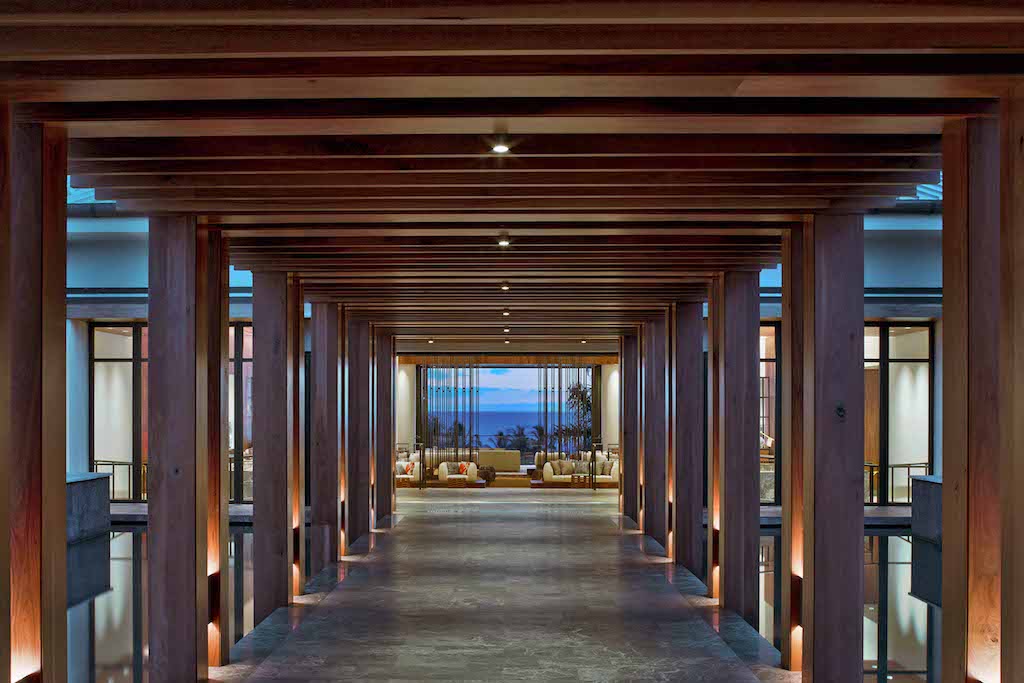Hyatt CEO: Funds for Future Growth Will Come From Real Estate Sales

Skift Take
Even if it seems like Hyatt is jumping on the bandwagon for asset-light, China-centric hotel growth, it's clear the company wants to do so on its own terms.
When it comes to growing Hyatt Hotels & Resorts, the Chicago-based hospitality company is more or less following the lead of its hotel peers.
During the company's first quarter 2018 earnings call Thursday, CEO Mark Hoplamazian detailed Hyatt's plans for future growth, noting the continuation of the Hyatt's "asset-lighter" strategy to sell off a total of $1.5 billion in real estate by 2019, as well as invest even more in the Chinese travel market.
And while other global hotel companies are also pursuing similar strategies, it's clear that Hyatt is doing so with a distinct understanding of its unique position among its fellow publicly-traded peers.
Compared to competitors such as Marriott or Hilton, Hyatt has a relatively smaller portfolio of properties and global reach. But it's clear that the company isn't allowing its smaller footprint be a hindrance to growth.
Asset Lighter, But Not Completely Asset Light
When Hoplamazian first announced last fall that the company would attempt to sell $1.5 billion worth of real estate by 2019, many industry analysts read it as a sign that Hyatt would finally become the more "asset-light" company that its hotel peers have transformed into.
In the past two decades, more global hotel companies have pursued asset-light business models where they own little to no real estate. Recent examples of this include Hilton Hotels, which completed a spinoff of its real estate business in 2017, and AccorHotels, which is currently in the process of a spinoff. Even relatively
